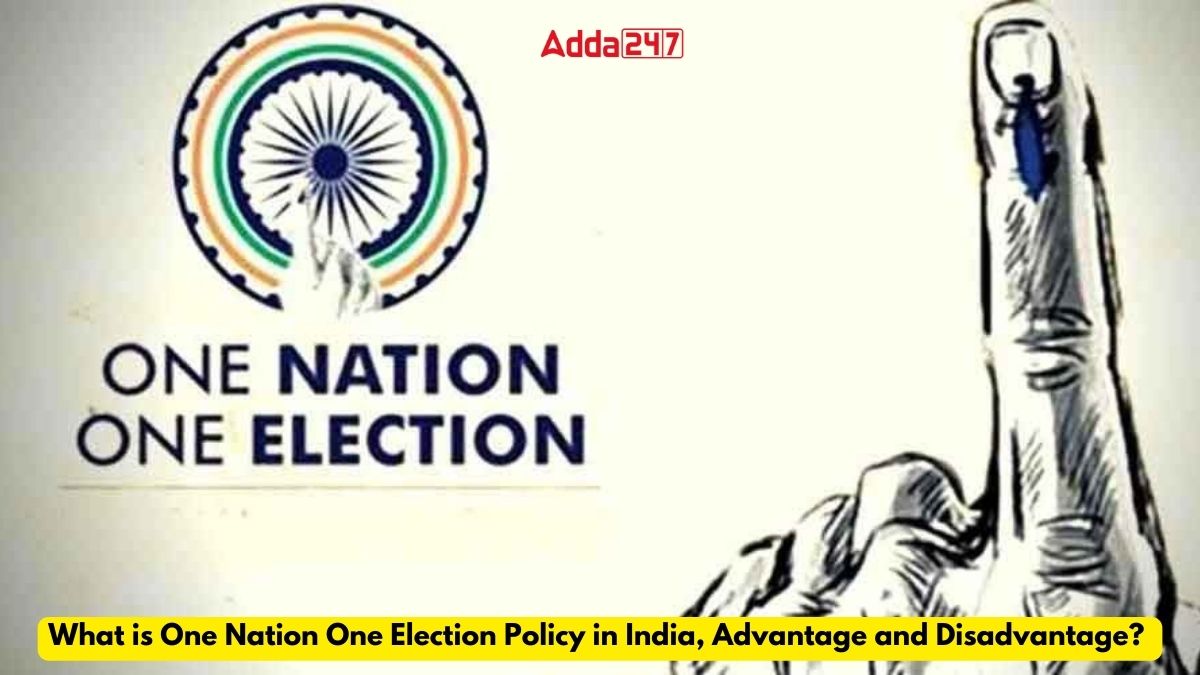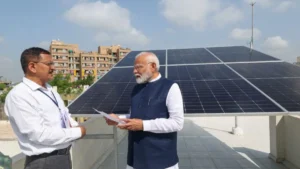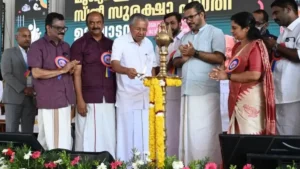What is One Nation One Election Policy?
The One Nation One Election policy proposes holding simultaneous Lok Sabha and Assembly polls in India. This means Indians will vote for central and state representatives in the same year, if not at the same time. Currently, only a few states like Andhra Pradesh, Sikkim, and Odisha vote at the same time as the Lok Sabha elections. Most other states follow a non-synced five-year cycle.
Advantages of One Nation One Election
- Financial Savings: Simultaneous polls can reduce costs incurred by the public exchequer and political parties on multiple election campaigns.
- Logistical Efficiency: It cuts down on the deployment of poll officials and security forces several times a year.
- Governance Continuity: With fewer disruptions due to elections, it can ensure better governance and policy implementation.
Disadvantages and Challenges
- Constitutional Amendments Required: Implementing this policy would require amending Articles 83, 85, 172, 174, and 356 of the Constitution, which govern the terms and dissolution of Parliament and state legislatures.
- Handling Early Dissolution: Dealing with early dissolution of a state or central government before the end of its term is a major challenge.
- Regional Parties’ Concerns: Regional parties fear their local issues may get overshadowed by national parties during simultaneous polls.
- Recurring EVM Costs: The Election Commission has estimated a recurring cost of nearly ₹10,000 crore every 15 years for procuring EVMs.
- Opposition Concerns: Several opposition parties, including the Congress and AAP, have criticized the proposal as “undemocratic” and a threat to the federal structure.
Public Opinion According to reports, the panel received nearly 21,000 suggestions from the public, of which over 81% were in favor of the One Nation One Election policy.
While the policy aims to bring efficiency and cost savings, addressing the concerns raised by opposition parties and ensuring constitutional validity through amendments remain crucial challenges.



 2 Years of PM Surya Ghar Scheme: Rooftop...
2 Years of PM Surya Ghar Scheme: Rooftop...
 From Seva Teerth, PM Modi Announces PM R...
From Seva Teerth, PM Modi Announces PM R...
 Kerala Launches ‘Sthree Suraksha’ Scheme...
Kerala Launches ‘Sthree Suraksha’ Scheme...








